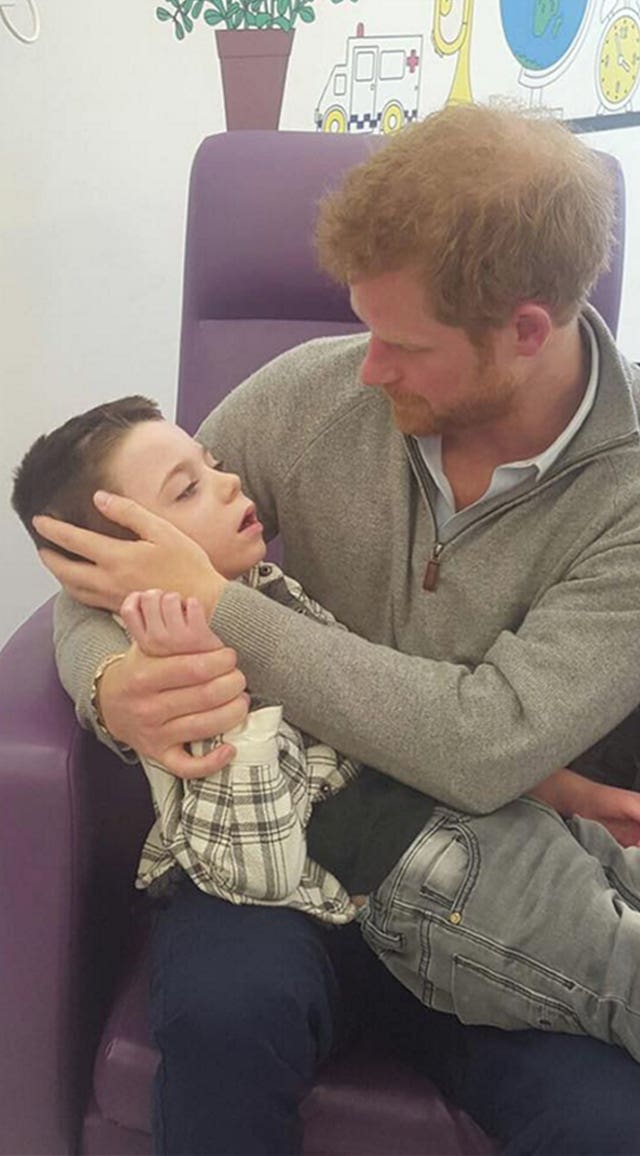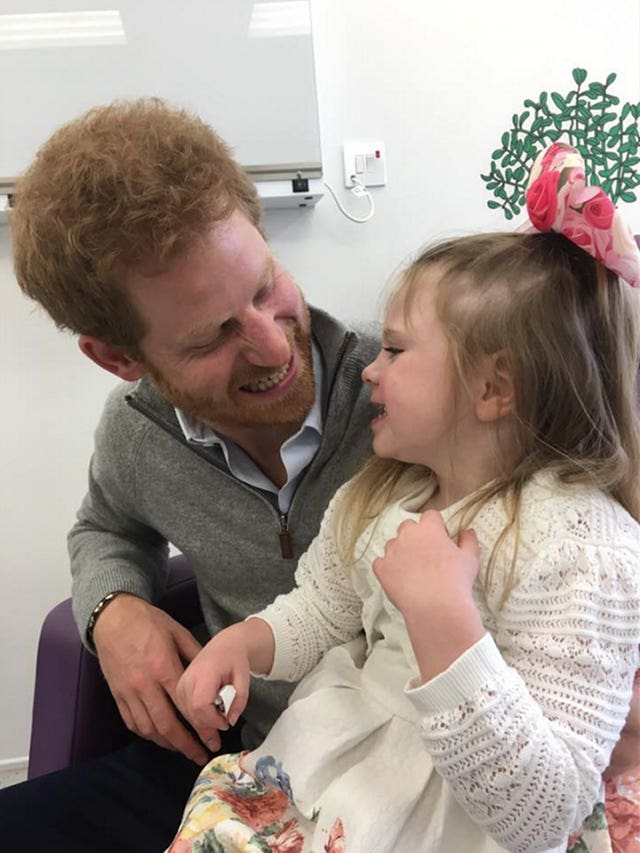NHS to fund drug for rare Batten disease
Two sets of parents of children with Batten disease had been prepared to take their fight for treatment to the High Court.

The NHS has agreed to fund a drug for children with a rare degenerative disease weeks before families were due to go to court.
Two sets of parents of children with Batten disease had been prepared to take their fight for the drug cerliponase alfa (Brineura) to the High Court.
NHS England announced on Wednesday that an agreement on price had been struck with the drug’s manufacturer Biomarin.
The National Institute for Health and Care Excellence (Nice) had previously said it could not be certain the drug was value for money.
Batten disease is an incurable illness which affects the nervous system, causing seizures, visual impairment, mobility loss and early death.
It usually starts in childhood, with an estimated 25 to 40 children living with the condition in England.
NHS England said cerliponase alfa would be offered to sufferers not currently receiving treatment by Christmas at the latest.
In February, the parents of a brother and sister with Batten disease said they were “devastated” their treatment would not be funded by the NHS.
Ollie and Amelia Carroll, aged eight and six, from Poynton, Cheshire, have the condition and their parents were given permission to seek a judicial review.
“We are in talks with Nice as to what happens next. We thank you to everyone from the bottom of our hearts.”
Prince Harry met Ollie on a private visit to Great Ormond Street Hospital in London in 2017.

“Brineura offers real hope for these children and the priority now must be to ensure all those who need it get access as soon as possible.
“While we recognise the efforts made on both sides to reach this agreement, the reality is that it has taken nearly two years to get to this point.
“The human cost of this delay and the anguish caused cannot be underestimated and we hope that efforts will be made to help others avoid this heartache in the future.
“For now, we are absolutely delighted with this decision, which is a critical step forward in improving the lives of children affected by this devastating condition.”

“Over recent months there’ve been a series of successful deals as NHS England works closely with the life sciences sector to make life-changing new drugs available for haemophilia, MS, rare cancers and other conditions.
“Coming after extended negotiation, the new deal reached today is a reminder that in order to succeed, companies must be flexible and realistic, because the NHS in England cannot and will not simply write blank cheques at taxpayers’ expense.”





